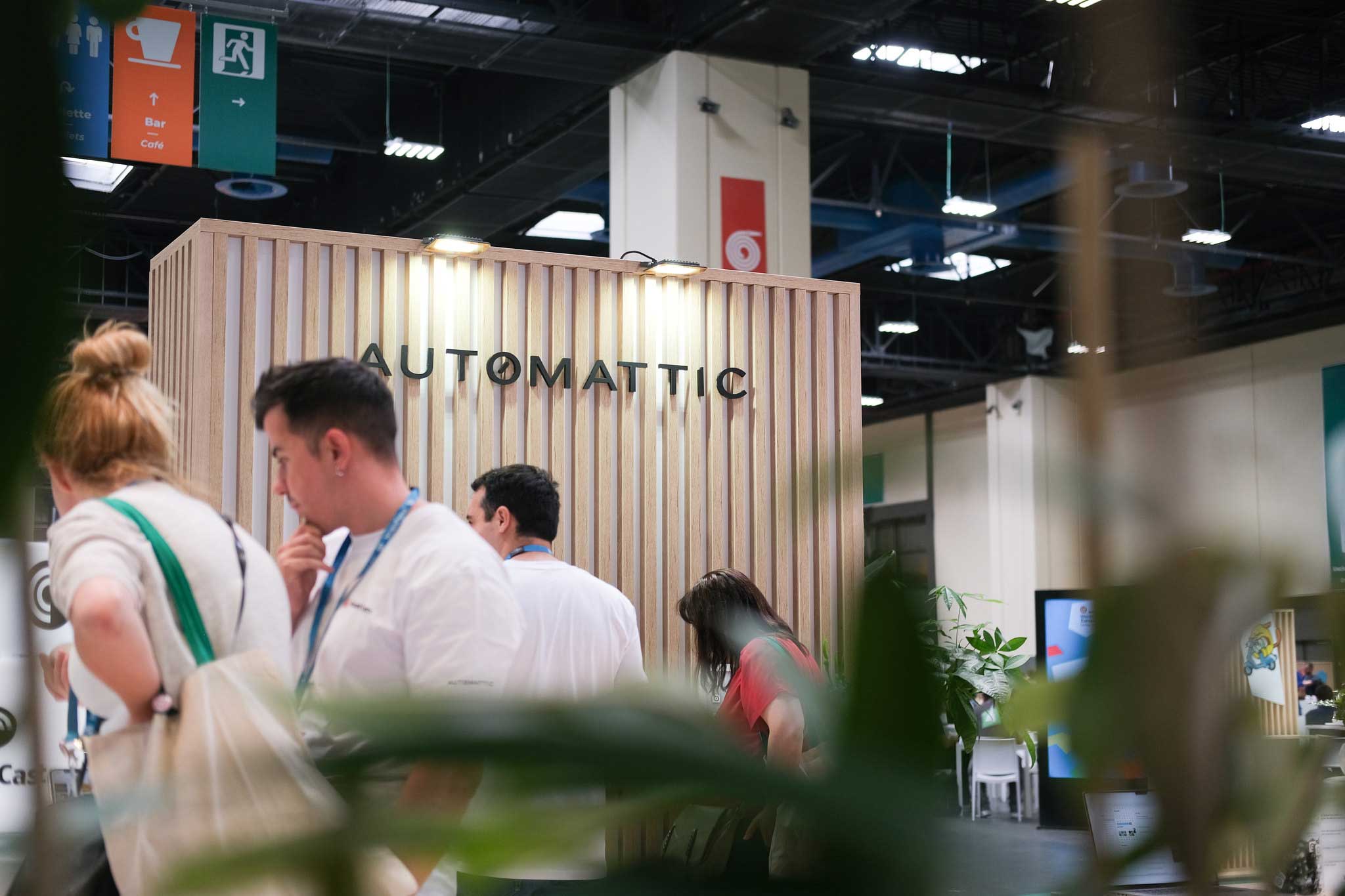A proposed class action against Automattic and CEO Matt Mullenweg is escalating, with a second plaintiff joining the lawsuit and new details emerging about the impact of WP Engine’s temporary block from WordPress.org on small businesses late last year.
Filed on May 23 in the U.S. District Court, the amended complaint adds New York business owner Sharon Schanzer, who runs RLDGROUP, to the case alongside Ohio-based Ryan Keller, who first sued in February. Both run small agencies that rely on WP Engine to host and manage client sites. They claim Automattic deliberately disrupted those services in a retaliatory move that left them — and potentially hundreds of thousands of other WP Engine customers — scrambling.
The complaint accuses Automattic and Mullenweg of launching a campaign of “nuclear war” against WP Engine beginning in September 2024. It describes the move as “unprecedented and malicious conduct utterly unrelated to the trademark dispute.”
The filing claims public statements and marketing efforts by Automattic-owned WordPress.com and Pressable are evidence of a coordinated effort to undermine WP Engine and poach its customers. It also accuses Automattic of misusing its influence over WordPress.org to carry out that plan:
“Defendants deliberately wielded their power over the WordPress.org website like a cudgel,” the complaint claims, “not only blocking access to the website but stealing resources like the ACF plugin, forcing visitors to click a checkbox asserting they are not associated with WPE, publishing WPE customer website addresses in an attempt to pressure customers to leave WPE, and repeatedly threatening future consequences.”
According to the filing, Keller, who runs SecureSight, spent more than $1,600 on alternative hosting with Nexcess to prepare for a potential migration during the block. Schanzer alleges her clients were directly affected by service degradation and says she builds WordPress sites exclusively on WP Engine because she considers it the “best product in the marketplace.” The complaint claims that had the court not issued the injunction, Schanzer would have had to move her clients’ websites away from WP Engine at “very significant expense.”
While the exact number of class members is unknown and will require discovery, the complaint alleges it includes “at least hundreds of thousands” of WP Engine customers — including those listed in a downloadable file on the WordPress Engine Tracker website. Automattic created the site in November 2024 and was later forced to take it down after WP Engine won a preliminary injunction, which also required Mullenweg to restore WP Engine’s access to WordPress.org.
If the district court had not issued the preliminary injunction on December 10, the complaint claims, Schanzer would have had “no choice” but to move her clients’ websites away from WP Engine at “very significant expense.”
While the amended complaint adds a second plaintiff and expands the factual allegations, the legal claims remain unchanged. The plaintiffs are pursuing three causes of action: intentional interference with contractual relations, intentional interference with prospective economic relations, and violation of California’s Unfair Competition Law.
Automattic has filed a motion to dismiss the original complaint. A response to the amended filing is expected in the coming weeks.









Leave a Reply